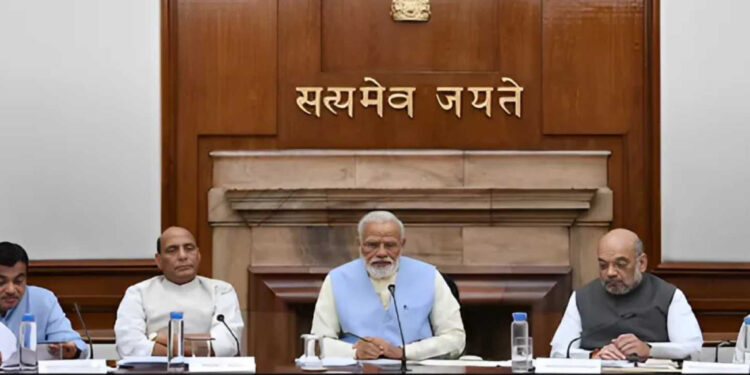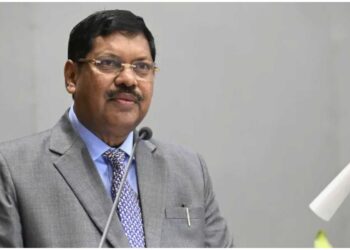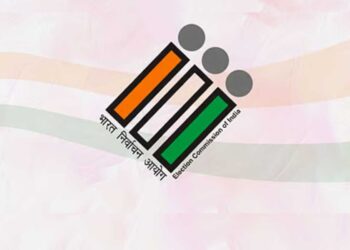The Union Cabinet has approved the Waqf Amendment Bill, which is expected to be introduced in the second phase of the Budget Session. The bill, based on the Joint Parliamentary Committee (JPC) report, has sparked opposition criticism.
DELHI: The Union Cabinet has approved the Waqf Amendment Bill, clearing the way for its introduction in Parliament.
According to media reports, the bill received Cabinet approval on February 19. The government is likely to present it in the second phase of the Budget Session, scheduled from March 10 to April 4.
The latest draft of the Waqf Bill has been prepared based on the report submitted by the Joint Parliamentary Committee (JPC). Earlier, on February 13, the JPC’s report on the bill was tabled in Parliament during the first phase of the Budget Session. However, opposition parties rejected the report, calling it “fabricated,” leading to disruptions in the House.
JPC’s Review and Opposition’s Objections
The JPC, which was tasked with reviewing the Waqf Amendment Bill, approved its draft report on January 27. The committee discussed 44 proposed amendments, of which 14 suggested by BJP-led NDA members were accepted. However, amendments proposed by opposition members were rejected.
The bill was initially introduced in the Lok Sabha by Minority Affairs Minister Kiren Rijiju in August 2024, after which it was referred to the JPC. The committee later submitted a 655-page report.
On February 13, BJP MP Medha Kulkarni presented the report in the Rajya Sabha, while JPC chairman and BJP MP Jagdambika Pal tabled it in the Lok Sabha. Opposition members strongly objected, claiming that their dissenting views were excluded from the final report.
Leader of Opposition in the Rajya Sabha, Mallikarjun Kharge, called the JPC report “fabricated” and accused the committee of deleting opposition dissent. Aam Aadmi Party (AAP) MP Sanjay Singh questioned the exclusion of opposition viewpoints, stating, “We presented our opinions, which could be agreed upon or rejected, but how can they be discarded altogether?”
Following opposition protests, Union Home Minister Amit Shah addressed the matter, stating that opposition members had raised concerns about the exclusion of their views. However, he clarified that under parliamentary procedure, members were free to submit their inputs, and the government had no objection to their inclusion.
On January 30, the JPC submitted its draft report to Lok Sabha Speaker Om Birla. JPC Chairman Jagdambika Pal, BJP MP Nishikant Dubey, and other NDA members were present at the submission. However, no opposition member attended the event. The committee had approved the draft report on January 29, with 16 members voting in favor and 11 against. Opposition MPs on the panel continued to voice their objections to the bill.
The Waqf Amendment Bill, first introduced by Kiren Rijiju on August 8, 2024, faced strong resistance from opposition parties, including the Congress and the Samajwadi Party, which termed it “anti-Muslim.” Due to intense opposition, the bill was sent to the JPC without any discussion in the Lok Sabha.
The 31-member JPC held its first meeting on August 22, 2024, and deliberated on 44 proposed amendments to the bill.










